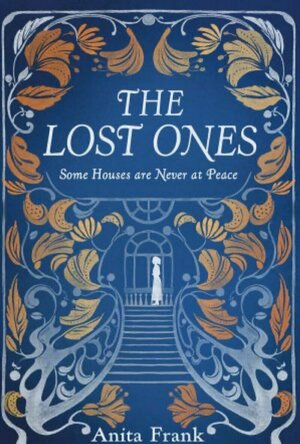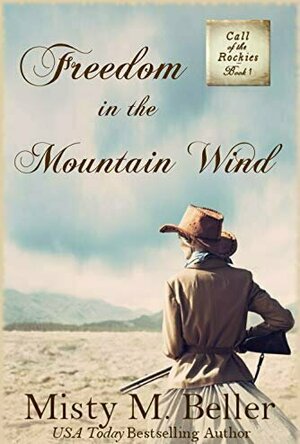ClareR (6096 KP) rated The Lost Ones in Books
Dec 3, 2019
I loved this book! it made me jump, gasp out loud and burst out in nervous laughter. It's worth bearing in mind that I was on a long train journey as I was reading this, so there are probably a number of people between Skegness and Chester who either think I'm a little unhinged, or are dying to know what I was reading (I'm considering wearing some sort of badge on long train journeys, that says 'currently reading (insert book name here)'. I'm sure it'll explain to people my frankly erratic behaviour in cases like this.).
Anyway, this book deserves any hype it gets, and I strongly suggest that if you're a fan of historical fiction with a gothic bent, you go out, buy and read this immediately. And read it in public. I can't always be the one to show herself up like this.
Many thanks to NetGalley and HQ for my copy of this book.

iZikir Full
Book and Reference
App
Zikir Penambat Rindu: A collection of zikr that desire to get closer to God Kandungan: 1.Surah...
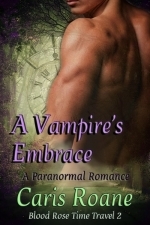
A Vampire's Embrace (Blood Rose Time Travel #2)
Book
Having lost his entire family, Mastyr Rez vowed never to love again… Rez has no use for a...
Paranormal Romance Time_Travel
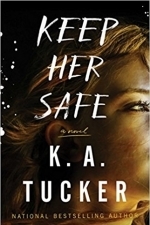
Keep Her Safe: A Novel
Book
Making a Murderer meets Scandal in this story of police corruption, family secrets, and illicit...
mystery thriller romance
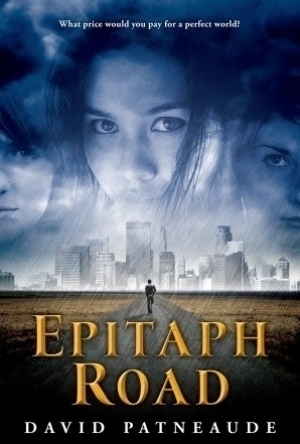
Epitaph Road
Book
2097 is a transformed world. Thirty years earlier, a mysterious plague wiped out 97 percent of the...

Sonnets and Shorter Poems
Francesco Petrarch and David Slavitt
Book
In this volume, David R. Slavitt, the distinguished translator and author of more than ninety works...
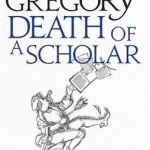
Death of a Scholar: The Twentieth Chronicle of Matthew Bartholomew
Book
In the summer of 1358 the physician Matthew Bartholomew returns to Cambridge to learn that his...

Don't Look Now
Book
Don't Look Now, released in 1973, confirmed director Nicolas Roeg as one of the most stylish and...
TravelersWife4Life (31 KP) rated Freedom in the Mountain Wind (Call of the Rockies, #1) in Books
Feb 23, 2021
Misty M. Beller wrote a beautiful story of adventure, love and exploring the great frontier. I believe that this is the first book in a series and let me tell you I will be reading the rest of the books in this series (Can I pre-pre- order it somewhere I wonder?). This book was so good, it is one of those books that feels like you are right there with the characters. Probably something to do with the psychology of the characters that touches something inside of you, and wow did this one work that for me.
The characters in this book were very well developed and had a clear sense of purpose right from the beginning. Misty M. Beller gives us some great father-daughter interactions as well as giving us French, Spanish, Southern and Native Americans all together to make some great moments around the campfire. The main characters in this book have things to work through, some together and separately and Misty M. Beller makes them do it quite believably. One of my favorite things about the book is the way Misty M. Beller shares the gospel throughout this book. She even worked in underlying themes of grace, forgiveness, grief over loss, and perseverance.
I give this book 5 out of 5 stars for the plotline, the cool adventures the characters go on (I mean who hasn’t imagine going along Lewis & Clark’s trip up the Mississippi river?), and for grabbing hold of my emotions right from the start.
TravelersWife4Life (31 KP) rated The Ambassador of Nowhere Texas in Books
Feb 24, 2021
1. I LOVED how Kimberly Willis Holt developed her characters from the beginning to the end. They were easy to like and relate to.
2. The dialogue between Rylee and Joe was engaging, believable, and conveyed a wonderful sense of small-town closeness.
3. Both the subject matter (9/11) and the memories associated with it were written in a way that was factual, yet, still reveling the topsy-turvy emotions that go along with losing someone you love in such a tragic way.
4. Kimberly Willis Holt did a good job explaining the timeline for the characters while still giving me a richer understanding of what it might have been like to lose someone during 9/11
5. I appreciated how Kimberly Willis Holt interwove themes of forgiveness, overcoming grief, being true to yourself, and perseverance.
6. I will close out with my favorite quote from the book:
“But true Friendship never fades, no matter what happens”.
Overall, this was an enjoyable, engaging, and enlightening story that any age would like. I do think it started a little slow, but after reading a bit I was thoroughly engrossed in the story. I give this book 4 out of 5 stars, for the characters, how 9/11 was conveyed, and for giving me a richer understanding of that time period.
*I volunteered to read this book in return for my honest feedback. The thoughts and opinions expressed within are my own.
